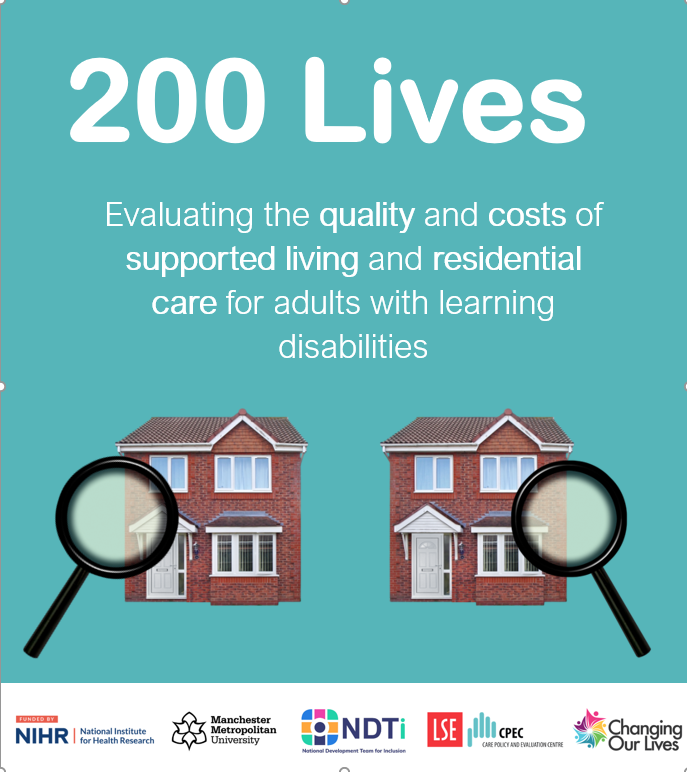Social care commissioners should allow adults with learning disabilities to move more easily whether they are in supported housing or residential care to prioritise where people want to live, new research finds.
A place-based commissioning model will stop adults with learning disabilities’ lives being unnecessarily constrained, prioritising what people value such as paid work, active social lives and being part of their communities, the study concludes.
Research led by Manchester Metropolitan University interviewed adults with learning disabilities who live in supported living or residential care about where they live and how this affects their health, wellbeing and lifestyles.
The 200 Lives project, with partners National Development Team for Inclusion, London School of Economics and Changing our Lives, also evaluated how different housing support services operate, their quality and cost.
This research gives us new insight into what adults with learning disabilities value in their homes and communities, and challenges commissioners to think about new ways they can encourage people to live active, fulfilled lives through the housing choices they make
They found that people with learning disabilities want to feel part of their community, valuing people who they live with, where they live and being able to put their own stamp on their home more than the type of property.
Professor Chris Hatton, Professor of Social Care at Manchester Metropolitan University, said: “Despite councils spending nearly £4 billion a year on supported living and residential care for adults with learning disabilities, we know very little about how good supported living and residential care services are, and how much they really cost
.
“The number of people needing such support is growing and many adults with learning disabilities living with their families would prefer to live independently. This research gives us new insight into what adults with learning disabilities value in their homes and communities, and challenges commissioners to think about new ways they can encourage people to live active, fulfilled lives through the housing choices they make.”
Researchers conducted interviews with 77 people in supported living and 30 in residential care, as well as with family members and support staff. They also collected data about their housing and support providers.
They found that both supported living and residential care services can support people with a wide range of needs. While residential care is considerably more expensive when accommodation costs are taken into account, it should not be assumed that a particular support model is needed for people with particular health or support needs.
Although it varied, residential care homes in the research tended to place greater restrictions on people’s choice and freedoms. While supported living tenants experienced more housing rights than people in residential care, and were more likely to have their own front door key, only a quarter had their full housing rights upheld.
Researchers recommend that commissioners and regulators directly contract and proactively monitor both supported living and residential care for physical aspects of properties and privacy to ensure people feel like their house is their home.
There is also a series of recommendations on prioritising what adults with learning disabilities value about where they live, including being able to move home when they want their own place or to live with a partner and being able to decorate and personalise their home.
The location of supported living housing stock and residential care homes and what their neighbourhoods afford for people living there also need to be prime considerations.







